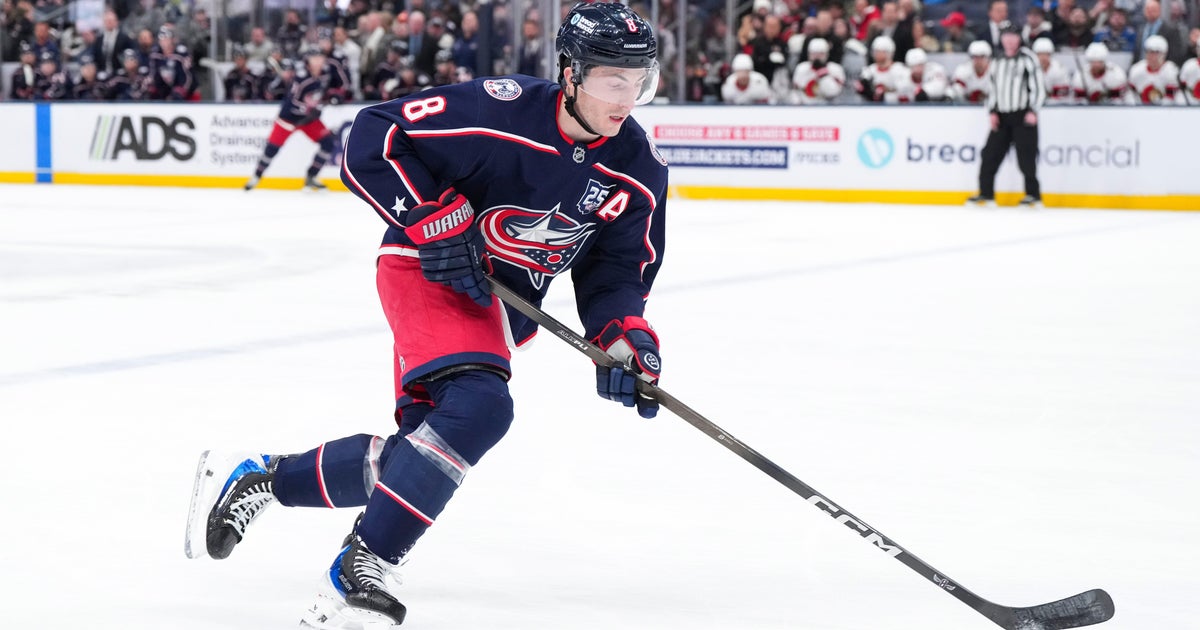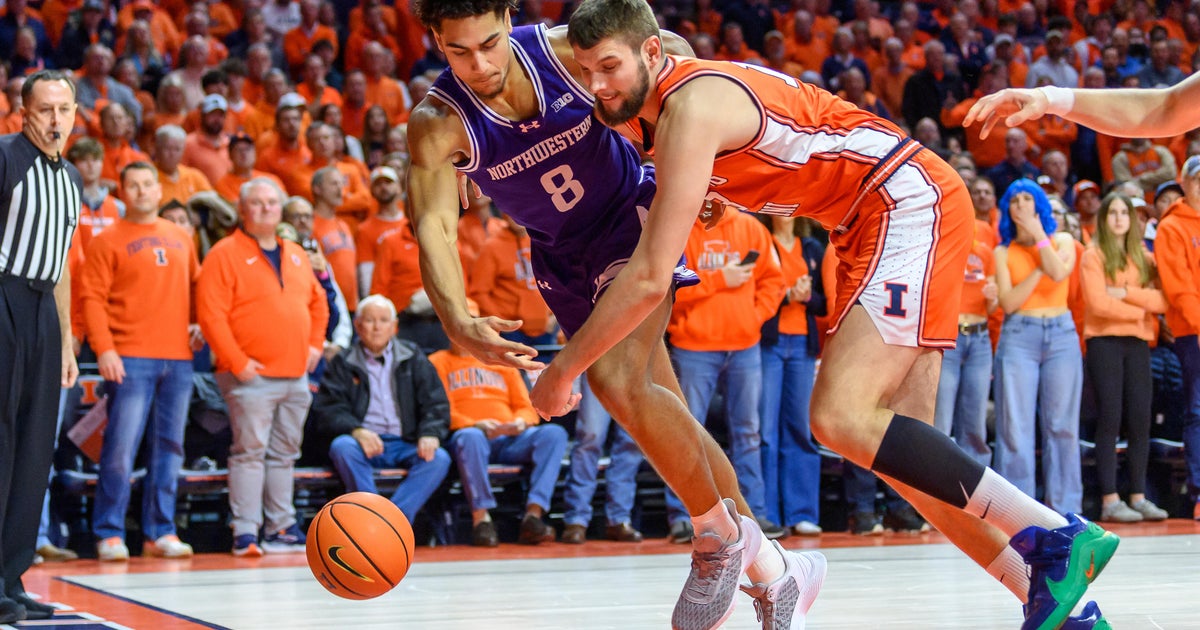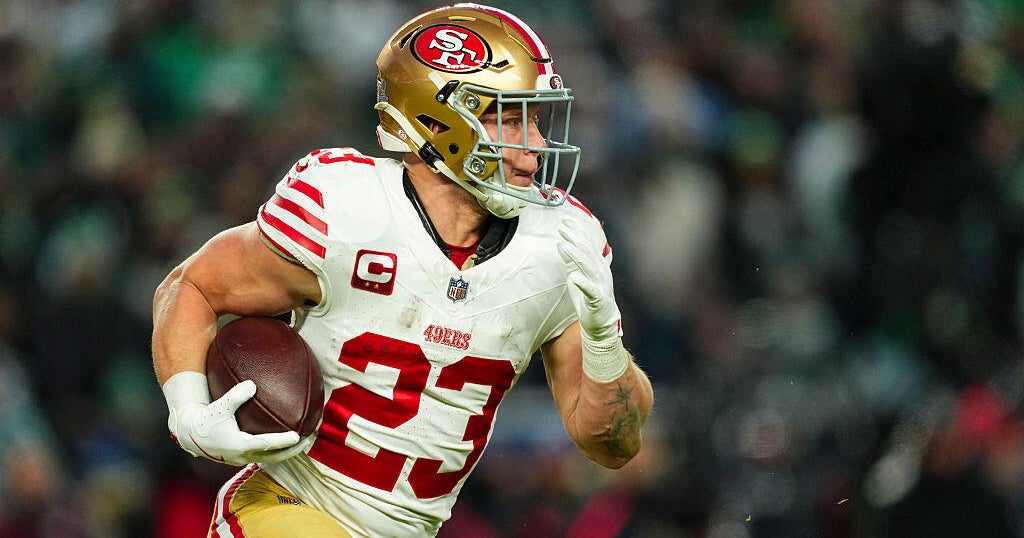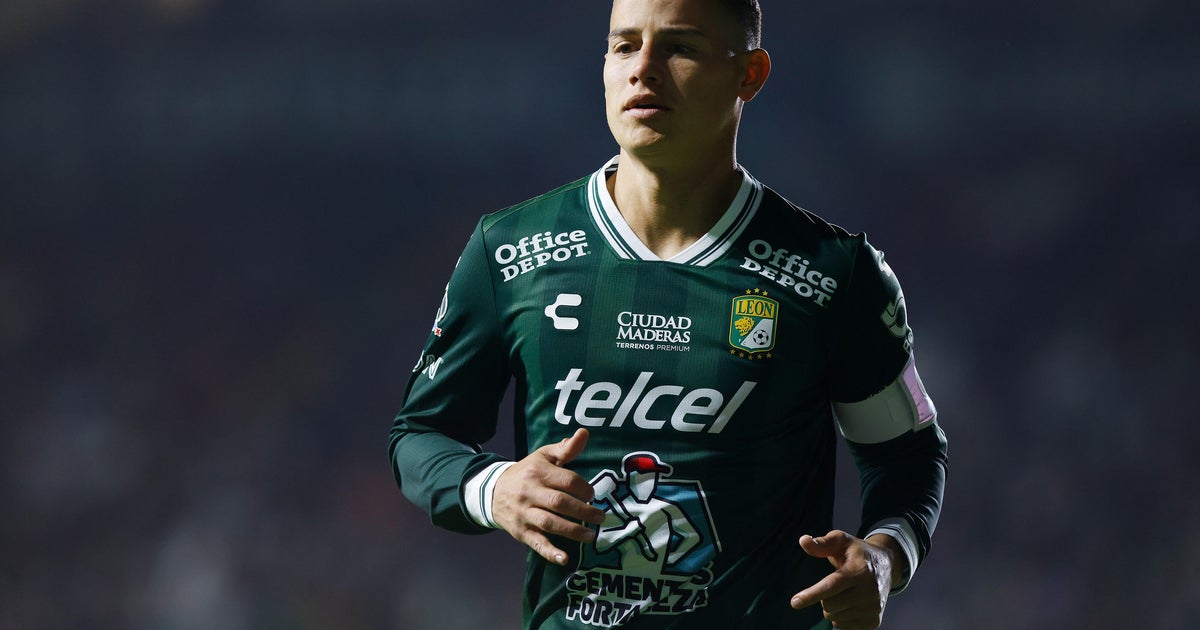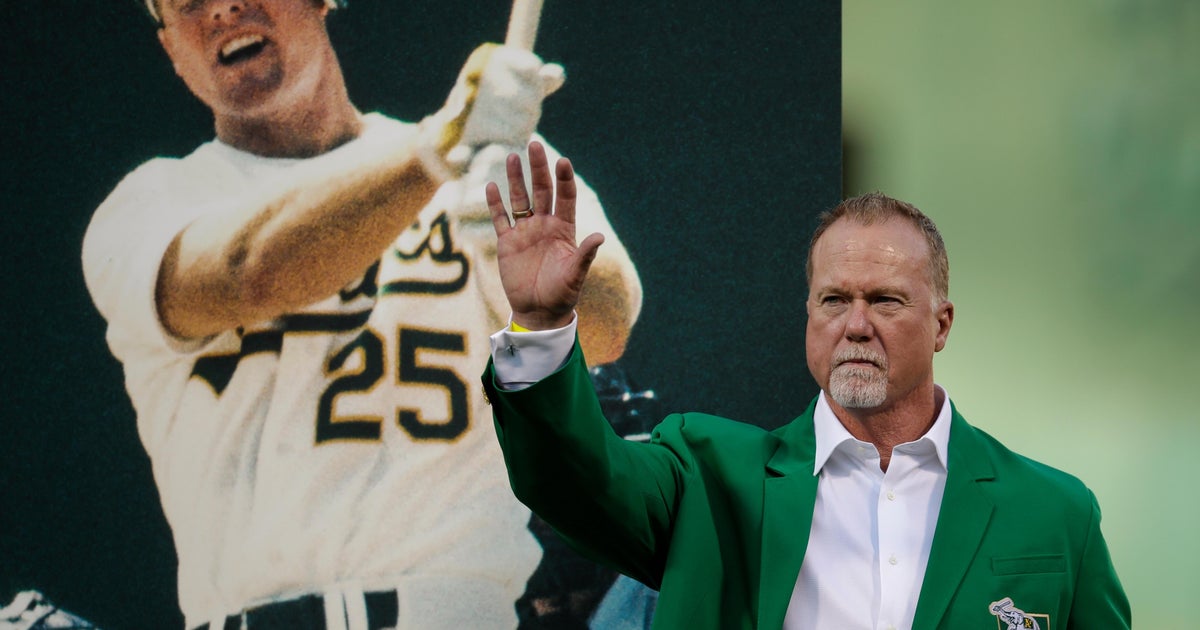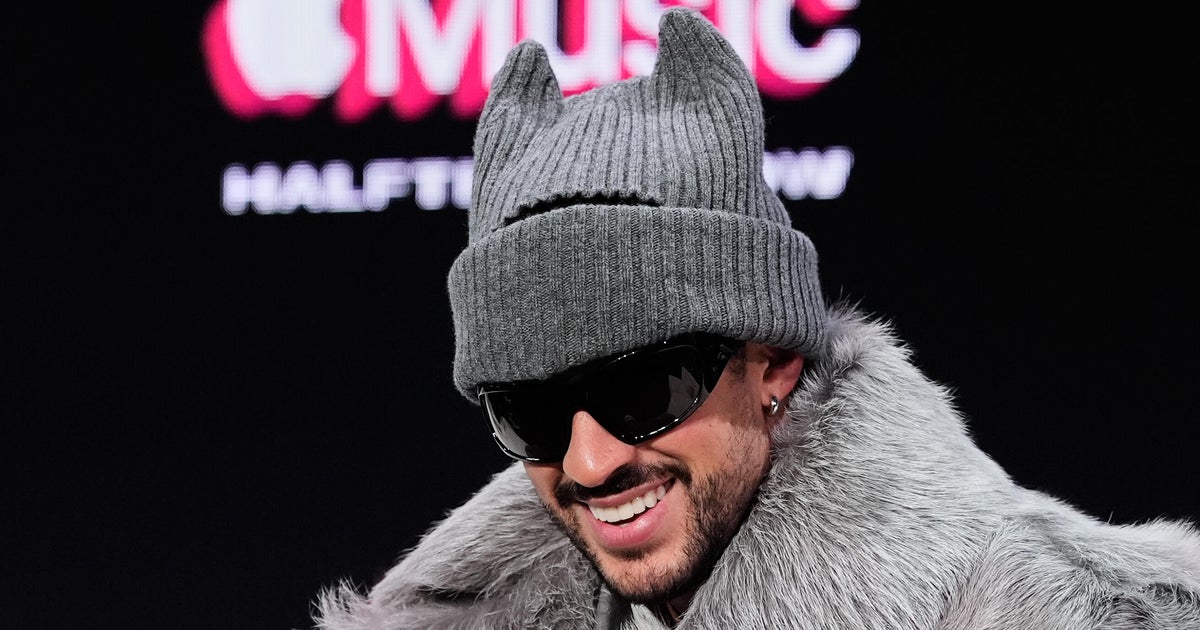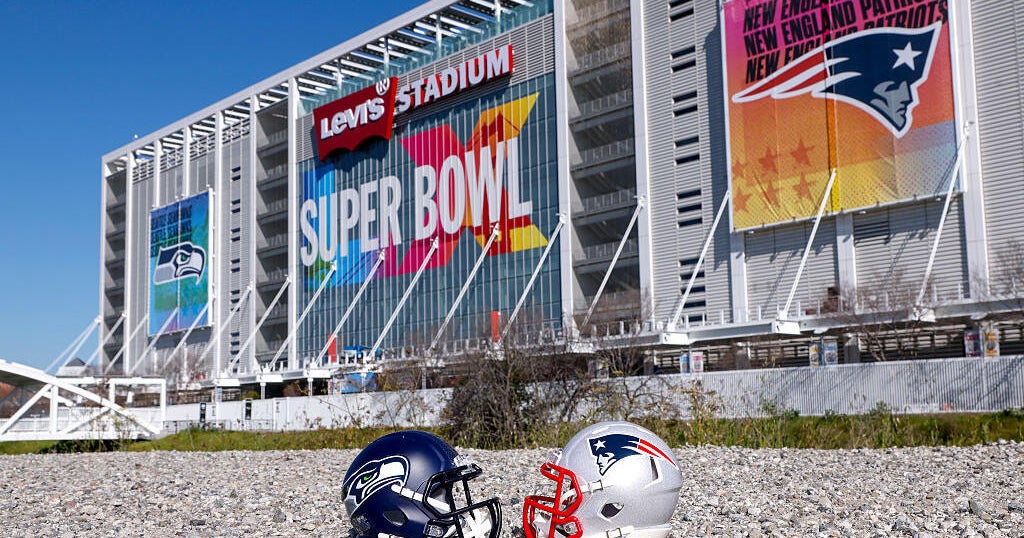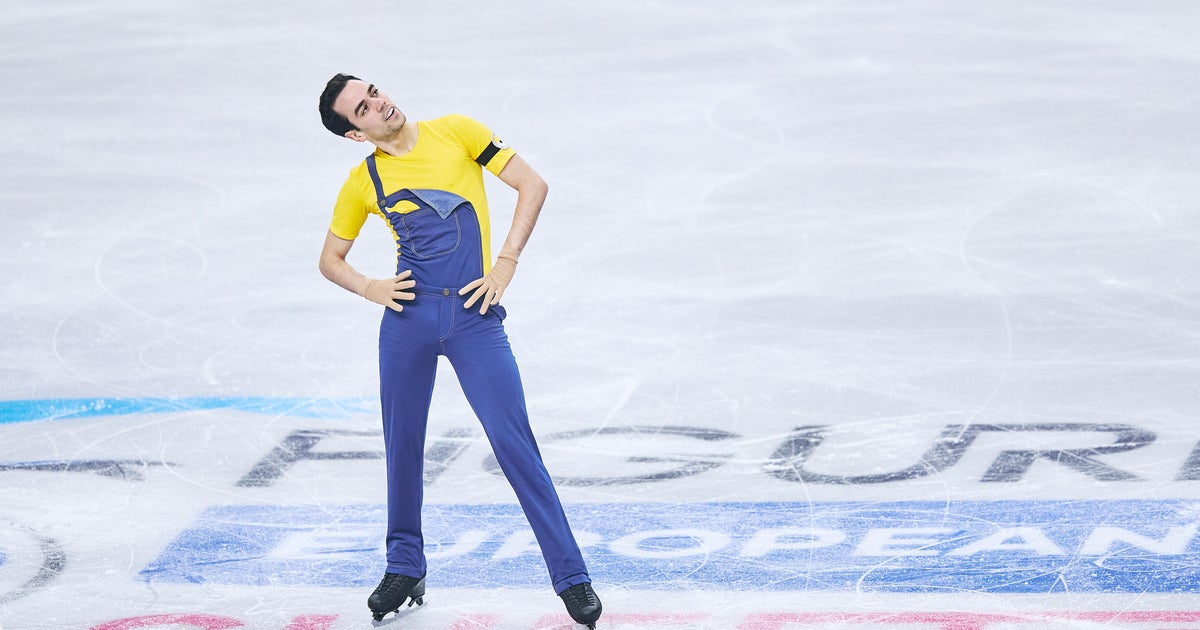NASCAR Aims To Stop Cheating: 'If You Are Illegal, You Don't Win The Race'
CONCORD, N.C. (CBSDFW.COM/AP) — A major shift for professional car racing.
NASCAR announced Monday it will disqualify race-winning cars that break the rules this season, confronting its longtime culture of cheating with a stringent new penalty system.
"If you are illegal, you don't win the race," said Steve O'Donnell, NASCAR's chief racing development officer. "We cannot allow inspection and penalties to continue to be a prolonged storyline. Race vehicles are expected to adhere to the rule book from the opening of the garage to the checkered flag."
The new approach is a seismic shift for NASCAR because it traditionally wanted fans to leave the event knowing who won the race. If a car failed inspection, either at the track or in a more thorough secondary teardown at NASCAR's Research and Development Center in the days following the race, driver and team were usually docked points, fined or in some cases had crew members suspended.
The penalties were typically not announced until several days after the race.
Inspections will now be completed at the track, a process that should take about 90 minutes, and the winning team will lose its victory if it fails. Disqualified cars will now lose points, purse money and even the trophy.
Texas Motor Speedway President Eddie Gossage responded to CBSDFW's request for comment on the change.
He sent the following statement:
"The change in NASCAR's process puts the burden on the teams to make sure the car is right and they don't have to suffer from a disqualification. As you can imagine, there are thousands of pieces and measurements on a car and it is extremely difficult to make sure a car is 100 percent in compliance. But NASCAR will inspect the cars completely before the race and unless a team deliberately makes an illegal change during the race, it is logical a car should still pass inspection after the race. The message is clear: Don't get so close to the edge as you have in the past. If so, you may get embarrassed.
"I'm sure some will try. That's why I plan to have extra blanks on hand for the six shooters we use to celebrate in Victory Lane. Just in case we have to do it again."
Kevin Harvick's race-winning car failed inspection twice last season and both instances led to fines, suspensions and the loss of points.
He won at Texas Motor Speedway in November to earn an automatic berth into the championship finale, but that was stripped when his car failed the R&D inspection days after the race.
Under the new system, the runner-up will be declared the winner and the team with the illegal car will receive only one championship point.
"We're really looking at a total culture change," O'Donnell said.
The last driver believed to have been stripped outright of a national series victory was Dale Jarrett following a 1995 race in NASCAR's second-tier series at Michigan. He was dropped to 42nd when his Ford was found to have an illegally modified intake manifold two hours after the race.
NASCAR will also change its process for cars that fail inspection prior to qualifying and the race.
It had devolved into comedy at times last season as teams used multiple attempts to get through inspection. NASCAR said it will now eject team members, dock practice time and, in an enhanced penalty, bar a car from trying to qualify for the race if it fails three times. A car that twice fails pre-race inspection will be sent to the back of the field at the start; a third failure will require a pass-through penalty at the start.
"We've been through a deterrence model where we've really worked with the race teams at the track and probably been more lenient than we should in terms of the number of times teams can go through inspection and pass, fail and there's almost incentive to try to get something by NASCAR, so we want to really reverse that trend," O'Donnell said. "We're going to put it on the teams to bring their equipment right. When they come to the track, we'll be much less lenient as they go through technical inspection with stiffer penalties in terms of qualifying, and then ultimately during the race, obviously we want everyone to be racing straight up."
QUALIFYING
NASCAR will not go to a single-car qualifying format this season despite a new racing rules package that will likely bunch the field into a pack. NASCAR even took a step toward ensuring the qualifying sessions are entertaining by shortening the first round at short tracks and intermediate speedways from 15 minutes to 10. That will force drivers to get on the track and make their qualifying attempt rather than idling on pit road and trying to nail a fast lap as the clock expired. The break between rounds will be trimmed from seven minutes to five.
Qualifying at superspeedways will remain two untimed rounds of single-lap qualifying. Road-course qualifying will continue to be two rounds at 25 minutes followed by a 10-minute final round.
(© Copyright 2019 CBS Broadcasting Inc. All Rights Reserved. The Associated Press contributed to this report.)

